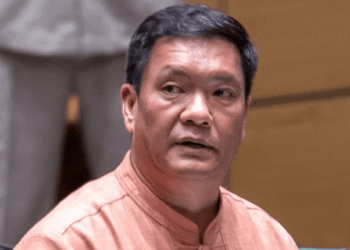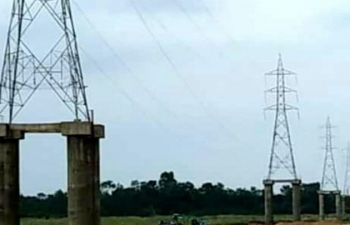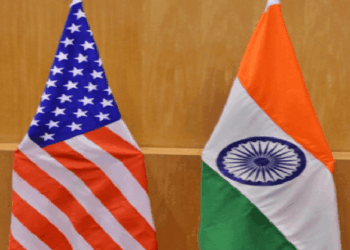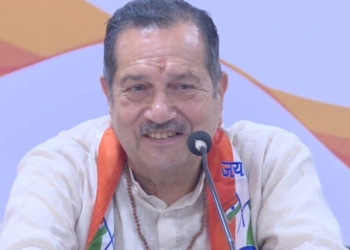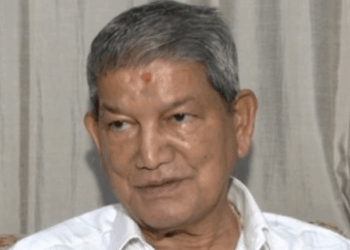New Delhi: The Supreme Court on Wednesday declined to entertain a suggestion of the Uddhav Thackeray faction of the Shiv Sena to take a decision on the disqualification proceedings pending against Maharashtra Chief Minister Eknath Shinde and MLAs supporting him.
A five-judge constitution bench, headed by Chief Justice D.Y. Chandrachud, told senior advocate Kapil Sibal, representing the Thackeray faction, that it is the decision of the Speaker of the house whether the rebellion by the Shinde bloc attracted the provisions of the anti-disqualification law.
It stressed that it cannot assume the role of the Speaker as doing it will have “serious ramifications”. The bench noted Sibal’s argument that the Maharashtra CM Eknath Shinde’s camp had acted against the interest of the party and appointed their own whip and leader of the party and their conduct is a ground for disqualification.
The bench emphasised that all of this leads “us to one area that it is the Speaker of the House who is to decide whether there is any disqualification or not. That’s an area we are unable to breach”.
The bench — also comprising Justices M.R. Shah, Krishna Murari, Hima Kohli and P.S. Narasimha — said it understood Sibal’s argument that in parliamentary democracy, the political party is supreme. “Now, the question is, should the court enter into the area of Speaker and, if it assumes the role of Speaker, then it will have very serious ramification,” it observed.
Sibal pressed that the apex court has held that illegality cannot be allowed to be continued even for a day.
The bench noted that right or wrong, this is the system they have assumed as “We the People” and will the court breach this system that is worrying it.
Citing apex court orders passed on June 27 and June 27 last year, Sibal argued that Shinde faction’s acts were perpetuated by these two orders of this court and the court should be worried, if it becomes a precedent, it can happen in other cases too.
At this, the bench said: “It would be very difficult to retrace our steps back in this scenario as the question would arise which Speaker or that Speaker..”
Sibal contended that it was done in the 2016 Nabam Rebia case, where the court set the clock back and ordered status quo ante by restoring the Arunachal Pradesh government. The bench then told Sibal that he want Nabam Rebia judgment to be followed when it suits him and don’t want it when it does not suit him and today, “we have a Speaker in a democratically elected house and after that can we now say that let the then Deputy Speaker take a call on disqualification. Sorry, it will be very difficult to retrace our steps”.
Replying to Sibal’s argument on two court orders, the bench said they were passed after hearing arguments from both the sides and that retracing the steps would mean invalidating the trust vote which took place subsequently.
The top court made these observations while dealing with Maharashtra political crisis triggered due to rebellion in the Shiv Sena. It will continue to hear the matter on Thursday.
On February 17, the apex court had declined to make immediate reference to a seven-judge bench the reconsideration of its 2016 Nabam Rebia judgment, which restricted the power of the Speaker to examine disqualification petitions against MLAs if a resolution for his removal is pending.
A five-judge bench headed by Chief Justice of India said the issue of reference will be decided only with the merits of the case and fixed the matter for hearing on merits on February 21.
(IANS)




